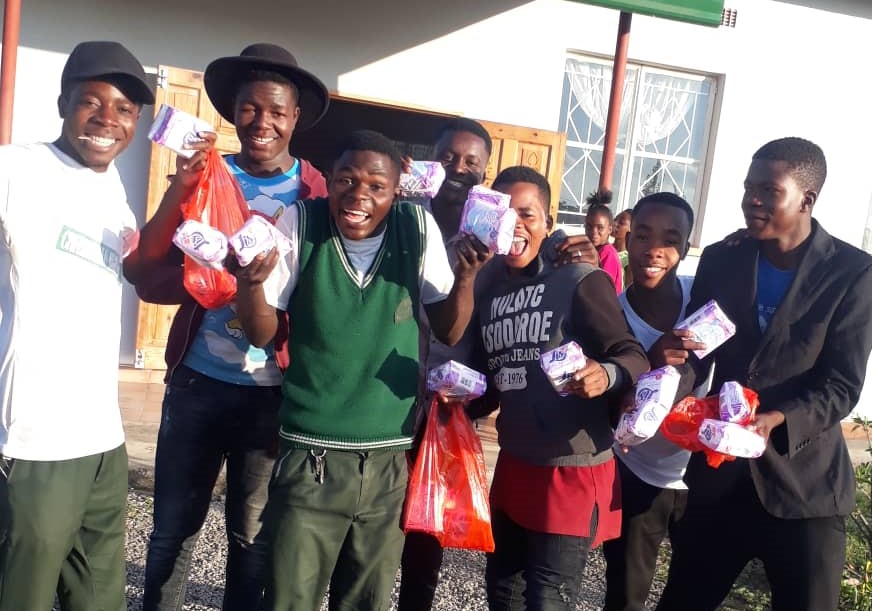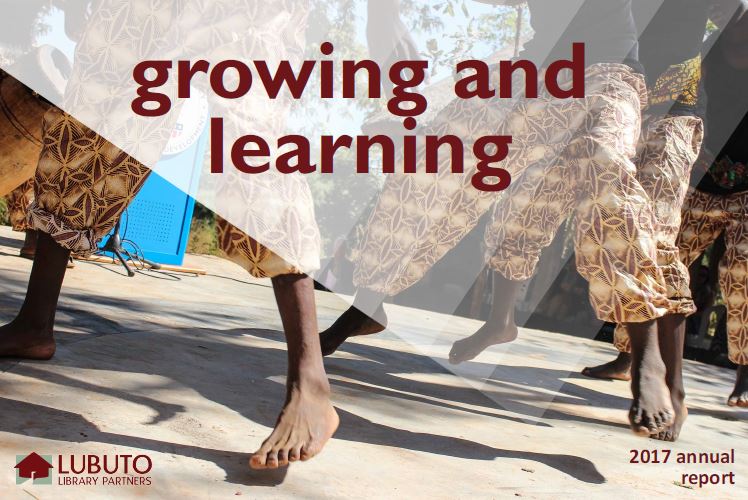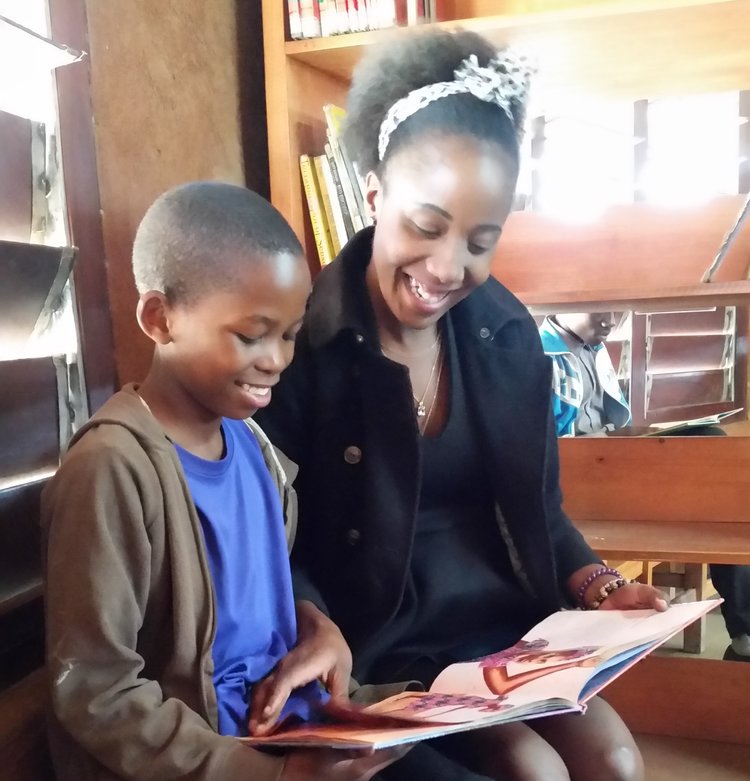Boys break down menstrual health stigmaIn Zambia, menstruation is a taboo subject, and it’s one of the issues that Lubuto Library Partners is addressing through our DREAMS Innovation Challenge grant. In rural Zambia, girls and women frequently miss school and work because they cannot buy feminine hygiene products. This can have dire consequences as some girls resort to having sex with older men in order to afford basic toiletries such as sanitary napkins or pads, deodorant, and razors. Lubuto has distributed sanitary napkins to more than 336 girls through funding and in-kind donations from corporate partners and community-based organizations. But breaking down stigma and changing the environment for girls requires more than donations—it requires the involvement of boys and young men. In May, Lubuto distributed pads to boys. “In Zambian culture, it’s considered an abomination for boys and men to discuss menstruation,” explains Chishimba Kasanga, LLP’s Gender Outreach Coordinator. This is one of the reasons that there is a shaming and stigmatizing environment for girls surrounding menstrual health issues. Dr. Naeem Dalaal from the University Teaching Hospital set a powerful counter example for boys when he visited the St. Daniel Comboni Social Development Center to speak to mixed-gender groups of youth about menstruation. He emphasized the role of boys and men in reducing the stigma by speaking openly about menstrual health. Local partners Lusaka Global Shapers and Copper Rose gave pads to male participants to take to their sisters or female friends. While some boys expressed initial reluctance to take the sanitary napkins, by the end of the program they all enthusiastically agreed--some even posing for photographs with their pads! “As I am a person, I have a sister, I have a girlfriend somewhere there. I will help [give] her these pads so she uses them,” said participant Abishy Mbilika, age 20. Promoting mutual respect, open communication, and gender equity are components of Lubuto’s programs that create significant ripple effects in communities, including measurable changes in attitudes towards gender and gender-based violence—69% of boys view gender-based violence as less acceptable after completing Lubuto’s DREAMS mentoring program.
|





